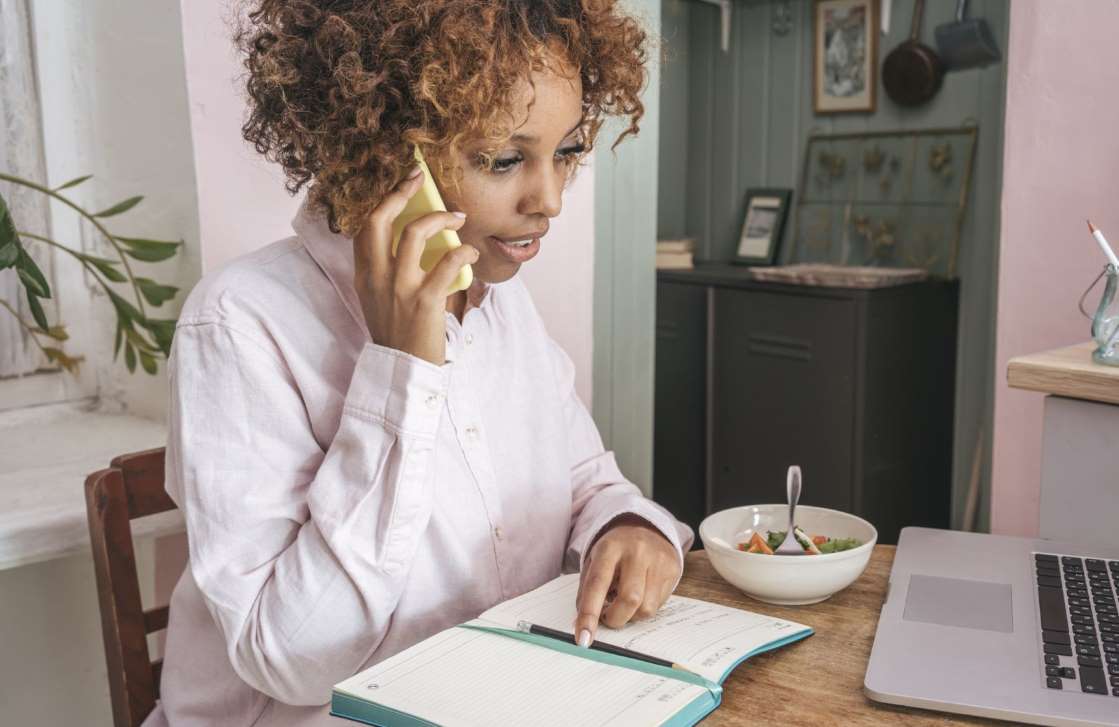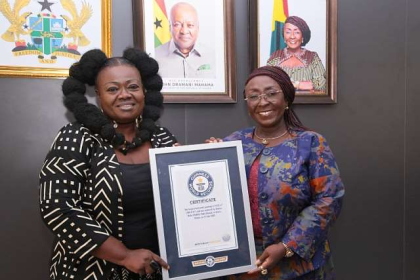There’s no way around it: The coronavirus pandemic has changed our world and just about everything in it. And humans are not particularly good at handling big changes.
We are creatures of habit, and right now every habit we know, from work to play to going to the gym and shopping for groceries, has been turned upside down. It makes everyone feel stressed out.
For some, the impact may be mild and only irritating, and for others, it can be severe and debilitating. But for all of us, it is the new normal.
How can we best cope with making all these life changes? First, it’s important to understand that feeling a bit out of sorts at the moment is normal. We are hard-wired to notice and react to things that may harm us. It raises stress levels – but that isn’t all bad.
That stress “is helping us cope, bond together from a physical distance and slow the spread of the virus. While uncomfortable, (stress) is a good thing right now, especially if we manage it well,” says Elissa Epel, a professor and vice chair in the department of psychiatry at the University of California—San Francisco.
That’s an important “if.” Epel, who is also the director of the Aging, Metabolism, and Emotions Center and associate director of the Center for Health and Community at UCSF, adds that “we must effortfully prevent panic contagion and create periods when we can be screen-free and calm, engaging our attention in normal daily activities.”
Remember That ‘Stuff Happens’ Sometimes
Keeping perspective during this difficult period is important. “This is a time of great stress and uncertainty for our nation and our world,” says Richard Davidson, professor of psychology and psychiatry at the University of Wisconsin–Madison and the founder and director of its Center for Healthy Minds. “To paraphrase that bumper sticker, ‘Stuff happens.’ This is a good reminder that none of us can buffer ourselves from stress. This crisis does not honor national boundaries, religious distinctions or socioeconomic variations.”
Now that stuff has happened, how can we best cope with it? Epel believes that one of the most important things to do is limit the amount of time you are on a screen listening to news or scanning social media.
“We don’t realize this, but media is a major pathway of how anxiety gets under the skin. It’s their job to keep us hooked and show us the most sensationalized news of the day, with the most dramatic titles. And while they’re doing their job, we must protect ourselves from a high dose of this information intake,” she says. “It builds anxiety into a slow-burning panic experience.”
Excessive media exposure puts us at risk of anxiety, prolonged symptoms of PTSD and poor health. “Our nervous system on overdrive can dampen our immune response to viruses. So media exposure is a potent force that we absolutely must titrate,” she advises.
We should also be careful about spreading our distress to those around us. Emotions, like viruses, are contagious, Epel says. We both transmit that stress to others and unconsciously absorb it from others.
“So we need to do a really good job of protecting children and those around us from the catastrophic thoughts that we might feel at times,” she says. “We can be our best self and focus on the positive and meaningful things that are happening right now.”
Distancing Is a Generous Action
To do that, Davidson suggests reframing our current circumstances. For one, he thinks we should stop referring to “social distancing,” because we are inherently social animals, and call it what it really is: physical distancing. And that can be seen as “a fundamental act of generosity,” he explains.
“We are all potential viral vectors, and there is an exponential rise in the infection rate with the increased number of contacts we have. So every time we practice physical distancing, we are engaged in an action that is beneficial for others,” Davidson says.
Research has consistently shown that one of most powerful catalysts for promoting individual well-being is through generosity to others. “If we heed the advice of health care professionals, we are engaging in actions that will promote our collective well-being and bring out the best of all of us,” he says.
We can also use this pandemic as a way of rethinking our notions of interdependence. “We can’t think of ourselves as an isolated island. Nature simply does not honor those distinctions. This is an opportunity to expand the boundaries of what we consider our in-group. This is what the pandemic is illustrating,” Davidson says.
By reflecting on these two points each day, and every time you engage in physical distancing, “it can, I think, help us navigate the uncertainty we are all facing,” he says. “It is not to deny or minimize or diminish the uncertainty and real suffering going on. But it can be beneficial in helping people get through their everyday life.”
Be Mindful and Share Happiness
If there is an upside to this pandemic, Epel believes it is in this increased sense of interconnection, of social solidarity, and an abundance of opportunities to help others – even at a distance.
“People are really rising up for the greater good. It’s an unprecedented crisis and the risk is real. So it’s important to normalize the anxiety we feel and to have compassion for ourselves and others who may be feeling the panic,” she says.
Davidson says that when you think about how your life has been disrupted – I should be at work now, I am missing my monthly book club meeting, I can’t work out at the gym – take 30 seconds to remember that you are choosing, intentionally, to stay physically distant from others.
“When we recognize this, and for most people it happens multiple times a day, this is great opportunity to sit and reflect on how the action I am taking right now, despite the stress it might be causing, the difficulty I am in now, this is really an act for the benefit of everyone, not just myself.”
Epel also recommends taking frequent breaks to tune into your emotional state and become calmer and more balanced. “Mindfulness strategies can change how we feel within minutes. When we turn our attention to focus on our body and breathing, this can be very powerful,” she says.
There are countless online resources for mindfulness strategies, and many of them – including Davidson’s Center for Healthy Minds, the UCSF Department of Psychiatry, Ten Percent Happier and Headspace – are currently offering some of their their resources and services for free.
It is also critical to eat well, get proper sleep and exercise, especially outdoors if possible. And stay socially connected – just physically separated – with your family and friends and neighbors as best you can. Finally, Epel says, “Seize opportunities to share lightness and humor. Laughter right now is a relief for all of us.






